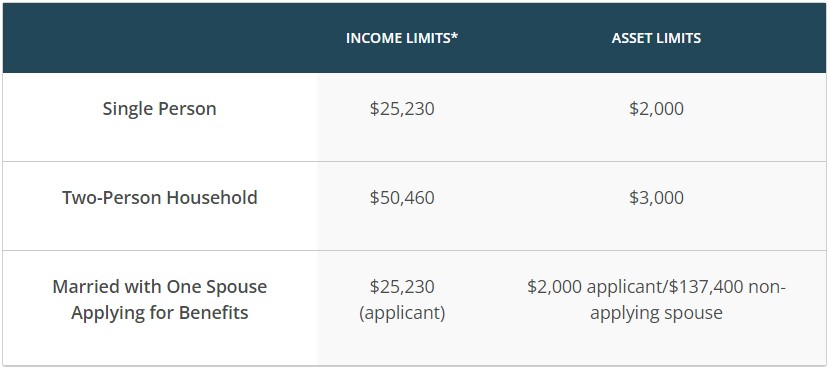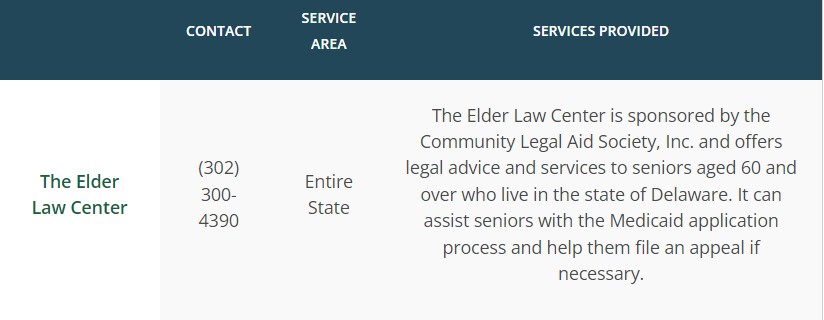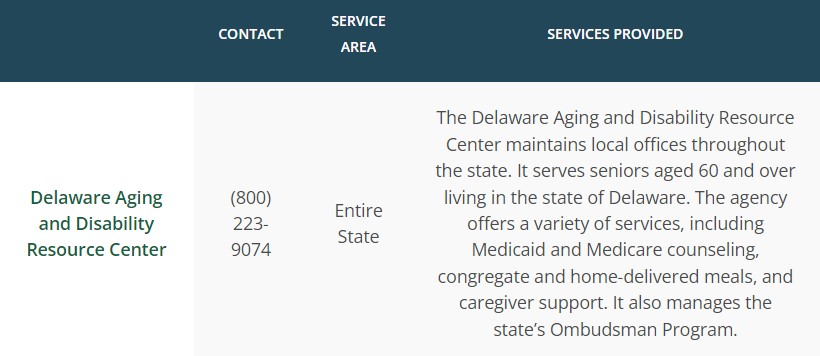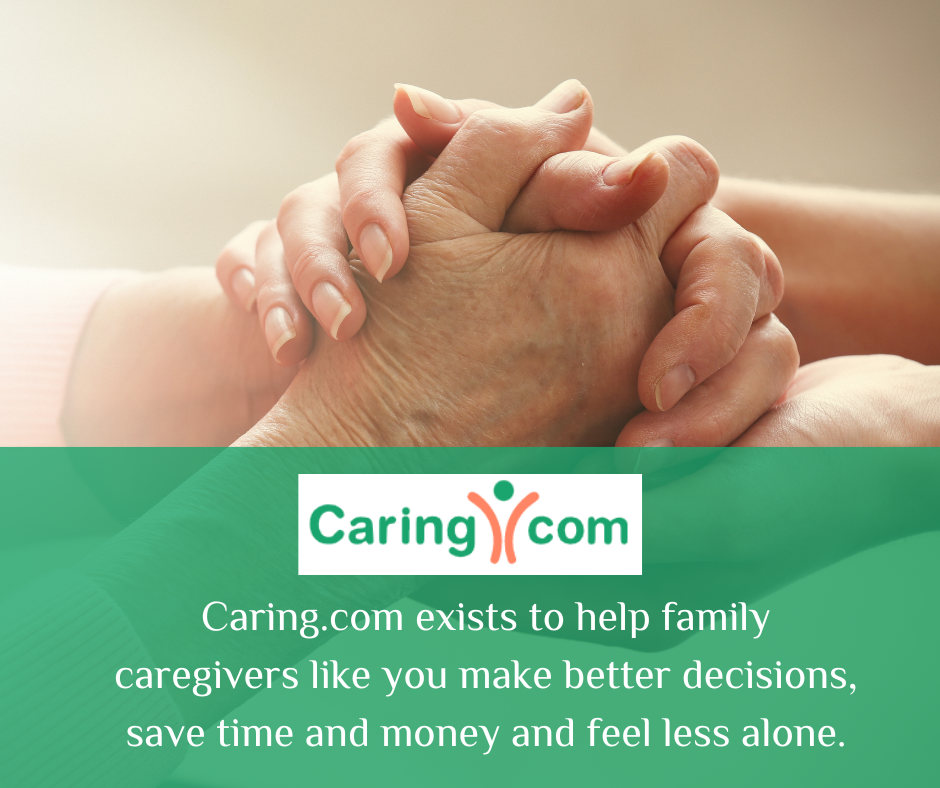A Helpful Guide from Caring.com
Delaware offers a variety of senior care options, including in-home and home health care. Both of these care options allow seniors to remain in their homes longer. The difference is that in-home care provides non-clinical services, while home health care does offer medical care provided by a licensed professional, such as an RN, physician or physical therapist.
This guide provides more information regarding Medicaid and Medicare coverage, as well as explaining current regulations, and providing a list of free and low-cost resources for seniors.
Does Medicaid Cover Home Care in Delaware?
Medicaid in Delaware doesn’t directly cover in-home care costs for seniors. However, the state does offer a Medicaid waiver program, called Home and Community-Based Services, designed to help seniors remain living in their homes longer. This waivers program may cover some costs associated with in-home care.
Home Care Waiver Program in Delaware
Home and Community-Based Services
Home and Community-Based Services is a Medicaid waiver program designed to promote aging in place. It covers both attendant services and personal care services to provide seniors with in-home support. The waiver program may also cover the costs of congregate or home-delivered meals, home modifications, personal emergency response systems, respite care and assistive devices. This waiver program is specifically for seniors aged 65 and over who without these in-home services would require care provided by a nursing home.
How to Know if your Eligible for Medicaid in Delaware
Eligibility for Medicaid is based on income guidelines. So, seniors must meet income eligibility guidelines to qualify for Medicaid coverage. For instance, single applicants must have an annual income level of $25,230 or lower, whereas married couples can have an income up to $50,460 to qualify for benefits.
Applicants also must meet the asset limit of $2,000 for single applicants and $3,000 for married applicants. In cases where only one spouse is applying for benefits, the non-applying spouse can have assets up to $137,400. Seniors should check their state’s website for more information about qualifying assets.
2022 Medicaid Income Limits for Seniors in Delaware

* per year
Delaware residents applying for Medicaid must also meet a variety of other requirements. Applicants must be:
- A legal resident of Delaware
- A U.S. citizen, legal immigrant or lawful alien
How to Apply for Medicaid in Delaware
The fastest and easiest way to apply for Medicaid benefits in the state of Delaware is to use the state’s online portal Delaware ASSIST. This portal takes seniors step-by-step through the application to make the process as easy as possible. Seniors can also apply for benefits in person by visiting their local Division of Social Services or they can call (866) 843-7212 to request an application by mail.
What Information You Will Need
Before starting the application process, seniors should gather all required information, including:
- State-issued driver’s license or ID card
- Date of birth for all applicants
- Social security numbers for all applicants
- Proof all income for all applicants
How to Get Help Applying for Medicaid
There are several agencies within the state of Delaware that can assist seniors in completing their Medicaid applications.



Does Medicare Cover In-Home Care in Delaware?
In general, Medicare does not cover the cost of non-medical home care. That being said, there are situations in which Medicare provides some coverage for medical home care, referred to as “Home Healthcare.” There are several eligibility restrictions for coverage, including that individuals must be homebound and have a referral from their doctor specifically for home healthcare services.
Below is an overview of some of the skilled medical professionals whose in-home services are typically covered by Medicare – for more in-depth information, refer to our Guide to Home Healthcare.
- Physical Therapists: Physical therapy is used to help patients recover from injuries (broken bones, knee injuries, etc.), treat ongoing conditions such as arthritis, and assist in recovery from surgeries and procedures such as a knee or hip replacement.
- Visiting Nurses: Licensed nurses can provide a number of medical services for those who don’t need to stay in the hospital, but do need regular medical services such as wound care, changing feeding tubes, etc.
- Occupational Therapists: Occupational therapists help seniors regain or maintain the ability to accomplish normal, daily tasks, such as bathing, dressing, eating, and other daily activities.
- Speech Therapists: Speech therapists help seniors who are struggling to adequately communicate due to a stroke, dementia, or any other cause regain the ability to functionally communicate using a variety of means. Additionally, speech therapists help to keep seniors independent by modifying diets, teaching special techniques to swallow safely, and retraining associated muscles.
As mentioned above, in-home care is distinctly different from home healthcare. But, there can be some overlap in services between the two types of care. So, while Medicare doesn’t cover non-medical in-home care, there are in-home care services that may be covered in special circumstances when they’re provided in conjunction with home healthcare (such as an occupational therapist helping with eating or dressing)
Other Financial Assistance Options for In-Home Care in Delaware
While the above programs help many people finance in-home care, they will not cover all costs for everyone. There are other ways to pay for in-home care, including out-of-pocket arrangements with siblings, annuities, reverse mortgages, private insurance and more. Read Caring.com’s Guide to In-Home Care Costs to learn more about these alternative payment options.
Free and Low-Cost Resources for Seniors in Delaware
The state of Delaware offers a variety of free and low-cost resources that can help seniors remain in their homes longer.





To see the other articles in this series:
Part 1: In Home Care, Frequently Asked Questions
This helpful guide was provided by the Caring.com Team. Founded by Caregivers, Trusted by Families

In 2007, a few friends who were each caring for an aging parent noticed a lack of information online to help them navigate the complexities of caregiving. Not finding the one-stop online resource they needed, they decided to create it themselves. The result was Caring.com.
Today, the company is filled with people working to make a difference for others. Caring.com is a leading online destination for caregivers seeking information and support as they care for aging parents, spouses, and other loved ones. We offer thousands of original articles, helpful tools, advice from more than 50 leading experts, a community of caregivers, and a comprehensive directory of caregiving services.
The material they provide is for informational purposes only and is not a substitute for legal, financial, professional, or medical advice or diagnosis or treatment. https://www.caring.com/